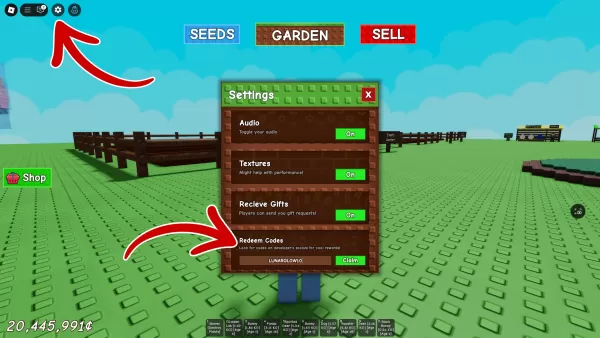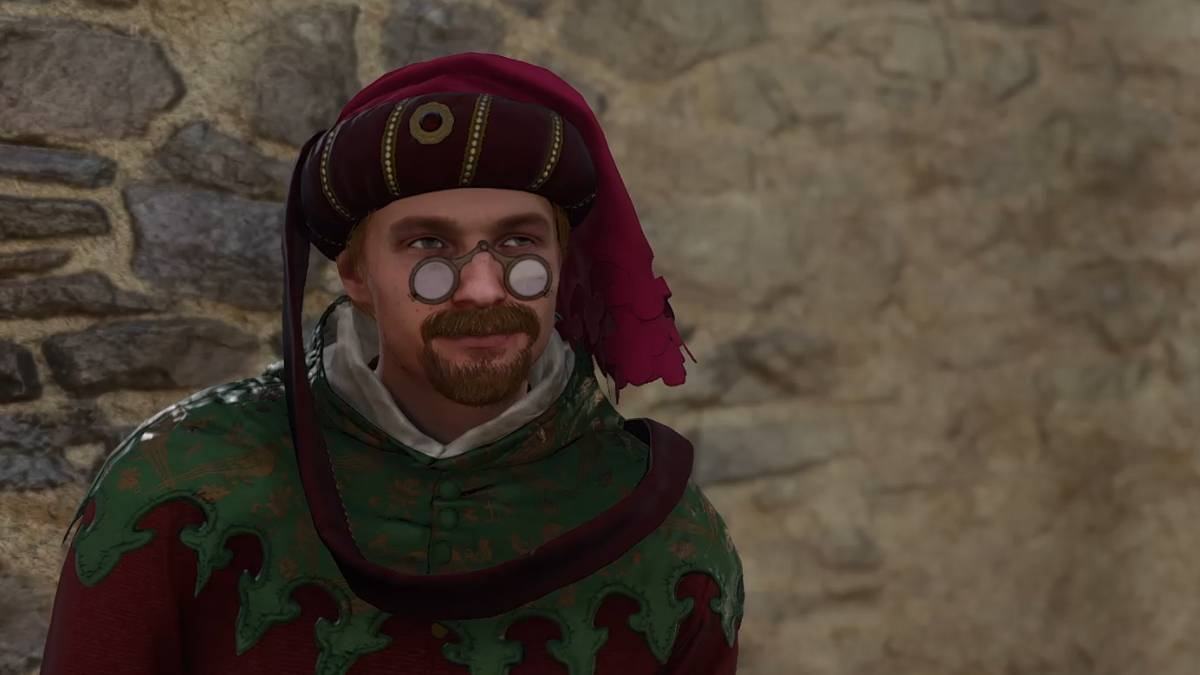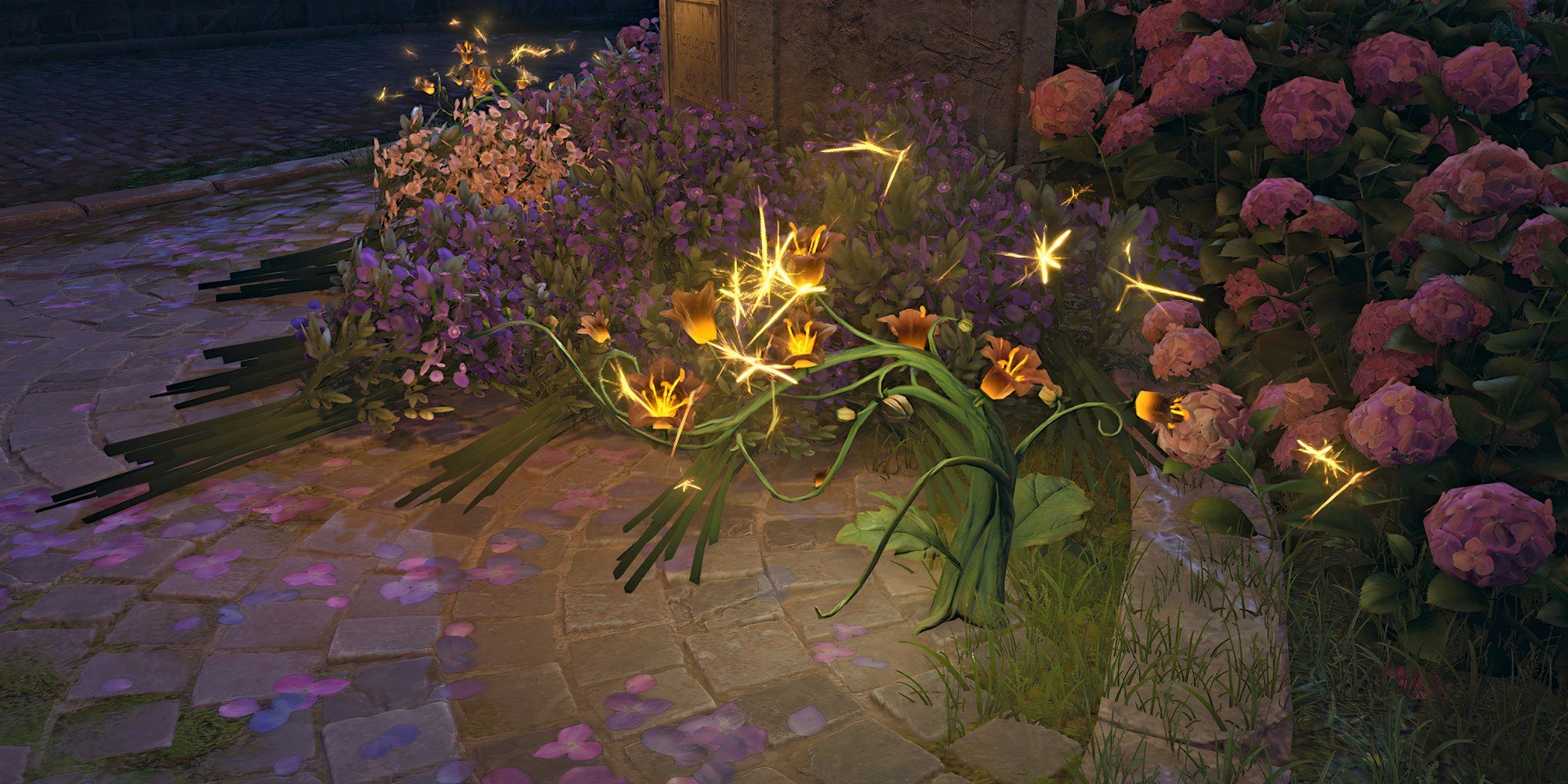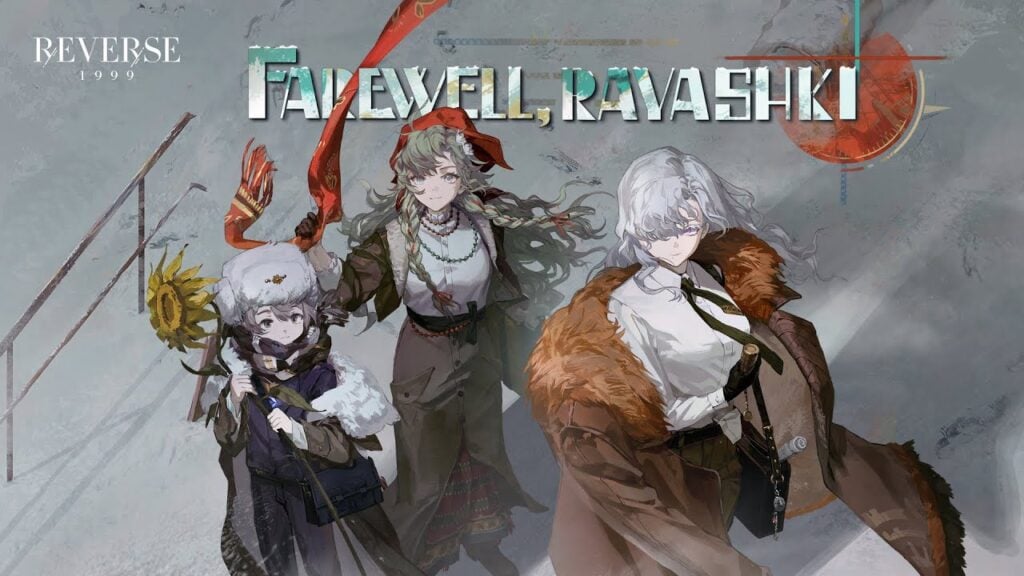The Screen Actors Guild - American Federation of Television and Radio Artists (SAG-AFTRA) recently updated its members on the ongoing negotiations regarding video game actor AI protections. While some progress has been made, significant disagreements remain with the industry bargaining group, leaving negotiations "frustratingly far apart" on key issues.
A comparison chart highlights these sticking points: SAG-AFTRA seeks comprehensive protection against digital replica or generative AI use for all past and future work, not just work produced after a potential agreement. The definition of "digital replica" is also contested. SAG-AFTRA's proposed definition encompasses any performance, vocal or movement, "readily identifiable or attributable to" a performer, while the bargaining group prefers "objectively identifiable," a term SAG-AFTRA believes is too restrictive. Further disagreements exist on including "movement" performers in the AI agreement, the terminology used for AI-generated performances ("real-time generation" vs. "procedural generation"), and the disclosure requirements for voice blending and real-time chatbot use. Crucially, SAG-AFTRA's proposal withdraws consent for digital replica use during strikes, a condition the bargaining group opposes. The duration of consent for real-time generation (SAG-AFTRA proposes five years, the bargaining group seeks unlimited consent) and minimum compensation for digital replica creation and use also remain unresolved. A proposed bonus pay system similar to the SAG-AFTRA TV/Film agreement is deemed too broad by the union, potentially circumventing existing union rights. Finally, SAG-AFTRA advocates for a system to track digital replica usage to ensure appropriate compensation, a proposal the bargaining group considers infeasible.
Despite these disagreements, tentative agreements have been reached on bonus pay calculations, dispute resolution, aspects of minimum compensation, consent requirements, certain disclosures, and other issues. However, SAG-AFTRA expresses concern that the bargaining group is misrepresenting the progress to members. SAG-AFTRA National Executive Director and Chief Negotiator Duncan Crabtree-Ireland cautioned members against undermining the strike by accepting work without adequate AI protections, emphasizing the risk of exploitation and replacement without consent or compensation.
In response, Audrey Cooling, spokesperson for the video game industry bargaining group, stated that their proposed deal includes wage increases exceeding 15%, enhanced health and safety protections, industry-leading AI digital replica terms of use, and additional compensation for use of actors' performances in other games. They expressed their commitment to returning to the bargaining table.
The eight-month-long SAG-AFTRA video game strike, stemming from the AI provisions dispute, is visibly impacting the industry. Players have reported unvoiced NPCs in games like Destiny 2 and World of Warcraft. Following alleged strike subversion attempts, League of Legends was struck, and Call of Duty: Black Ops 6 characters were recast. Recently, two Zenless Zone Zero voice actors discovered their replacements via patch notes.

 Latest Downloads
Latest Downloads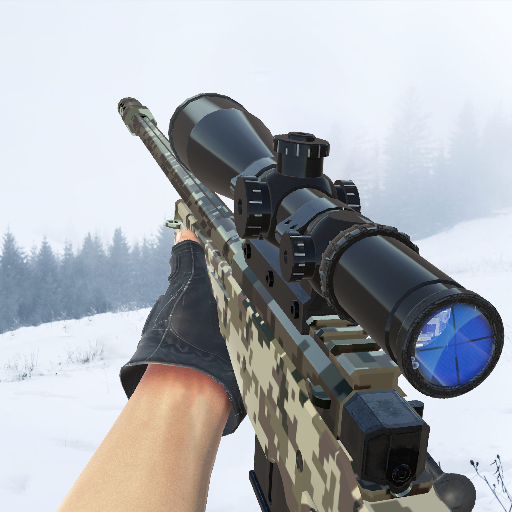
 Downlaod
Downlaod




 Top News
Top News